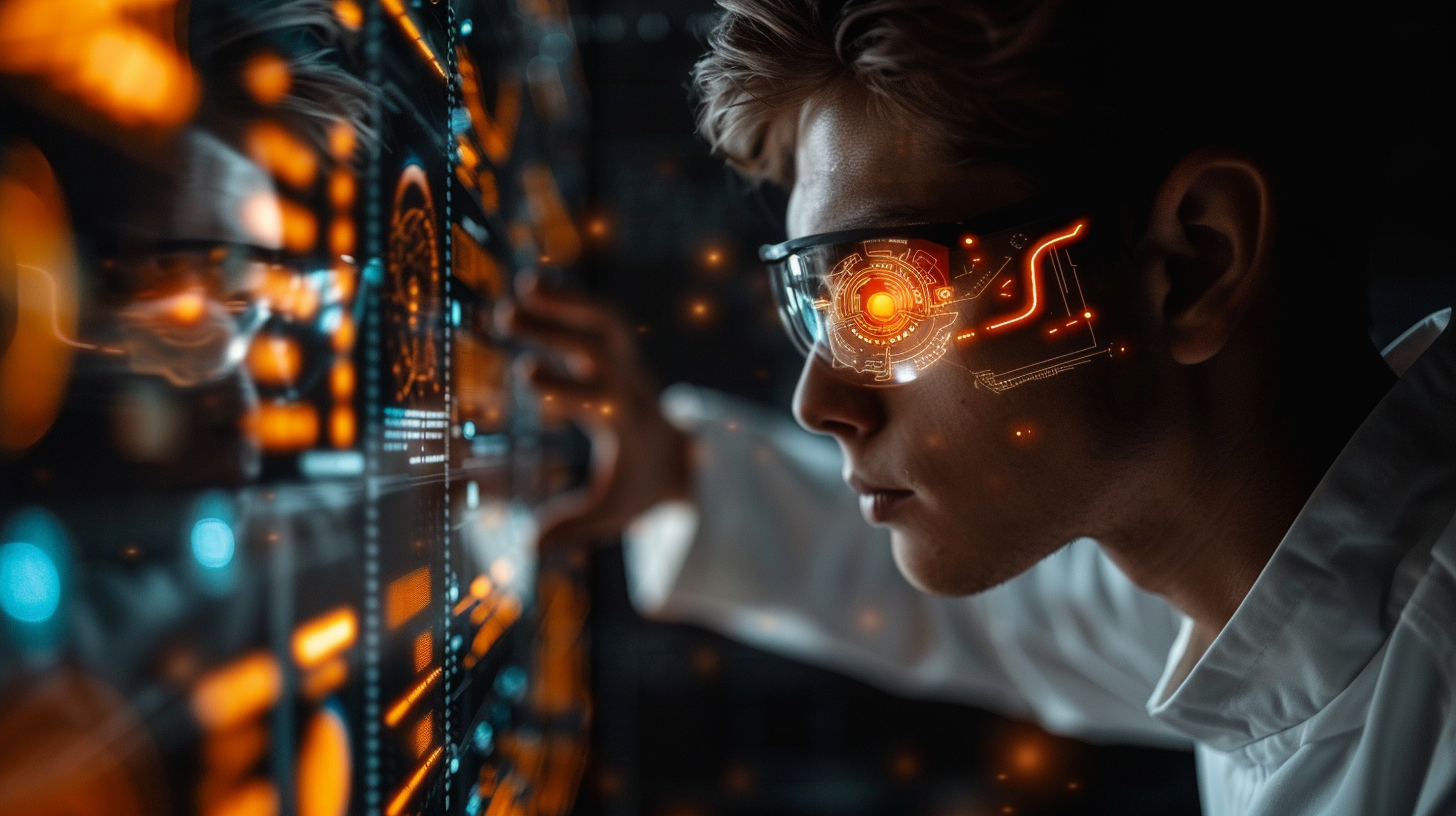As we venture deeper into 2024, the capabilities of generative artificial intelligence (AI) continue to evolve at an astonishing rate. This technological advancement raises a compelling question: Can generative AI solve computer science? This post explores the potential of generative AI to revolutionize the field of computer science, addressing complex problems and potentially reshaping the landscape of technology.
The Role of Generative AI in Computer Science
Generative AI, known for its ability to create content and solutions from scratch, is beginning to show promising applications in the realm of computer science. This section delves into how this technology is being utilized to tackle some of the field’s most challenging problems.
- Algorithm Optimization: Generative AI can design algorithms or improve existing ones, potentially finding solutions that humans might overlook.
- Code Generation: AI tools like GitHub Copilot are already assisting developers by suggesting code snippets and even writing substantial blocks of code, enhancing productivity and accuracy.
While these applications highlight generative AI’s potential, understanding its limitations and the scope of its capabilities remains critical for appreciating its impact on computer science.
Challenges Faced by Generative AI in Computer Science
Despite its impressive capabilities, generative AI faces several challenges in its quest to solve computer science problems effectively.
- Complex Problem Solving: AI systems often excel in defined, narrow tasks but struggle with abstract, complex problem-solving that requires outside-the-box thinking.
- Understanding Context: AI may generate code or solutions that are syntactically correct but lack the nuanced understanding of human developers, especially in terms of user needs and software lifecycle management.
These challenges underscore the necessity for ongoing research and development to enhance AI’s problem-solving capabilities and ensure its effective integration into the computer science domain.
Potential for AI to Redefine Computer Science Education and Practice
The integration of generative AI into computer science also has profound implications for education and practical application in the industry.
- Educational Transformation: AI can provide personalized learning experiences, adapting educational content to match the learning pace and style of individual students, potentially revolutionizing computer science education.
- Innovation in Software Development: Generative AI could lead to new ways of constructing software, where AI systems partner with human developers to enhance creativity and efficiency.
This potential redefinition of roles and methodologies promises not only to change how computer science is taught but also how it is applied in practical, real-world settings.
Ethical Considerations and Future Directions
As generative AI continues to integrate more deeply into computer science, it brings with it a host of ethical considerations that must be addressed to ensure responsible development and deployment.
- Bias and Fairness: AI systems can inadvertently perpetuate or amplify biases present in their training data, leading to unfair outcomes in algorithmic decision-making.
- Job Displacement: The automation of coding and other computer science tasks could displace jobs, necessitating strategies for retraining and transitioning affected workers.
Addressing these ethical issues is crucial for developing generative AI technologies that are not only effective but also equitable and beneficial to society as a whole.
Conclusion
The question of whether generative AI can solve computer science is not one with a simple yes or no answer. While AI presents novel opportunities for tackling complex problems and redefining the field, it also brings significant challenges and ethical concerns that need careful consideration. The future of computer science, influenced heavily by AI, will likely be one of collaboration between human intelligence and artificial intelligence, each complementing the other to drive innovation and discovery in ways we can only begin to imagine.
